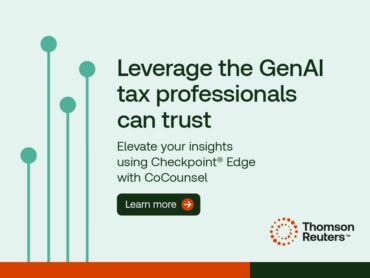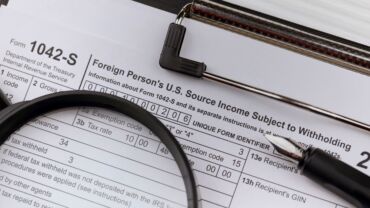Effective October 1, 2019, remote sellers making any sales into Kansas may need to register to collect and remit the state’s sales or use tax, according to new guidance from the Kansas Department of Revenue. Nearly every state has adopted an economic nexus policy in the year since the Supreme Court’s South Dakota v. Wayfair decision. Kansas is the first to do so without a de minimis threshold protecting small sellers – a move that’s certain to be challenged, if its enforced.
In March, the Kansas legislature passed a bill containing provisions on sales tax economic nexus. Under the bill (SB 22), a retailer would have had to collect and remit Kansas sales or use tax if it had more than $100,000 of in-state gross receipts in a calendar year. Kansas Governor Laura Kelly vetoed SB 22 and the legislature was unable to override the veto. (The Governor’s veto was largely motivated by other tax provisions within the bill rather than the sales tax nexus provisions.)
Kansas’ legislative session ended in late May and it seemed like the state would be one of only three (along with Florida and Missouri) that would not have a sales tax economic nexus policy in place by year-end. In early August, however, the Kansas Department of Revenue issued Notice 19-04, stating that “Kansas can, and does, require on-line and other remote sellers with no physical presence in Kansas to collect and remit the applicable sales or use tax on sales delivered into Kansas. Accordingly, a remote seller must register with Kansas and obtain a sales and/or use tax account number.” Importantly, the Notice does not provide any de minimis threshold for sellers engaging in few in-state sales or with low gross receipts from in-state sales.
The Department of Revenue bases its authority for this new guidance on an existing so-called “sleeper” law that defines “retailer doing business in Kansas” as: “any retailer who has any other contact with this state that would allow this state to require the retailer to collect and remit tax under the provisions of the constitution and laws of the United States.” While the Wayfair court struck down the physical presence requirement in the context of South Dakota’s economic nexus law, it did not specifically rule that South Dakota’s de minimis thresholds were necessary or correct. Thus, there is still an open constitutional question whether one sale is enough in-state presence to require a seller to collect and remit the state’s sales tax.
Notice 19-04 is receiving pushback from the business community as well as state legislators. Kansas Representative and Speaker Ron Ryckman has asked the state’s Attorney General to weigh in on the validity of the guidance under state law and the U.S. Constitution. With a nexus standard of, effectively, one sale, the policy is vulnerable to challenge under both the Commerce Clause, which was at issue in Wayfair, and the Due Process clause, which requires a “some definite link, some minimum connection, between a state and the person, property or transaction it seeks to tax” (Quill Corp. v. North Dakota, 504 U.S. 298 (1992); see also North Carolina Department of Revenue v. Kimberley Rice Kaestner 1992 Family Trust, 588 U.S. __ (2019)).
While the legislature can address the policy via legislation, the next legislative session does not begin until January 2020. In the meantime, remote sellers will need to decide whether to register to collect tax in Kansas. Even if the state enacts a law providing a de minimis threshold, and even if it’s made retroactive, those companies that have registered in the interim would need to continue collecting and remitting tax or take steps to cancel their registration with the state.
About the Author Melissa A. Oaks is Current Awareness Lead for Thomson Reuters Checkpoint. Prior to this role, Melissa was a Proposition Manager for ONESOURCE Indirect Tax and Managing Editor of State & Local Tax for Checkpoint Catalyst. Her specialties include complex nexus and apportionment issues and taxation of cannabis. Before joining Thomson Reuters in 2013, Melissa practiced law in New York. Melissa is a graduate of Cornell University and Columbia Law School and earned an LL.M. in Taxation from NYU School of Law. Twitter: @melissaaoaks








